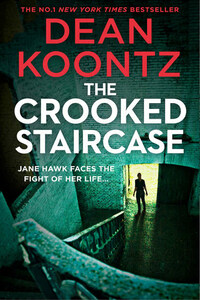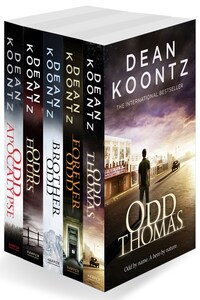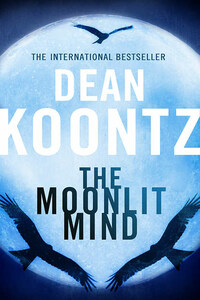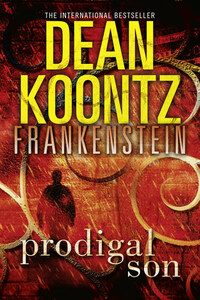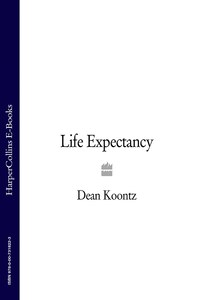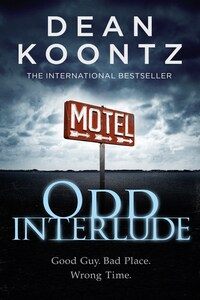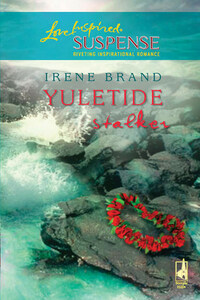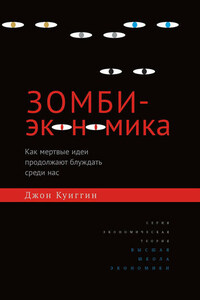Frankenstein Special Edition: Prodigal Son and City of Night
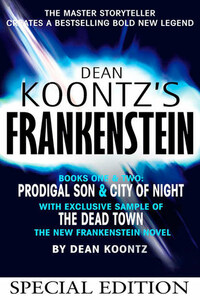
The stunning first two instalments of Dean Koontz’s re-imagining of Frankenstein – including an extract from the final book, The Dead Town.Prodigal SonHis name is Deucalion – created centuries ago by a madman, who blessed and cursed him with supernatural powers. Deucalion arrives in New Orleans on the hunt for his evil creator as a murderer preys on innocent victims. Detective Carson O’Connor and her partner track the serial killer, but instead they find the next generation of Dr. Frankenstein’s monsters. They are much more, and less, than human – and about to be unleashed on an unsuspecting city…City of NightThey are much stronger, heal faster and think faster than any human – and they must be destroyed. But not even Victor Helios – once Dr. Frankenstein – can stop his engineered killers from their reign of terror. The only hope rests with Victor’s original ‘monster’ Deucalion and his all-too-human partners, Detectives Carson O’Connor and Michael Maddison.The Dead TownAs the war against humanity rages on, scattered survivors come together in a small Montana town to weather the onslaught. As they make their last stand, humanity’s fate hangs in the balance. And Deucalion finally faces his deranged maker in a climax that will shatter every expectation…
